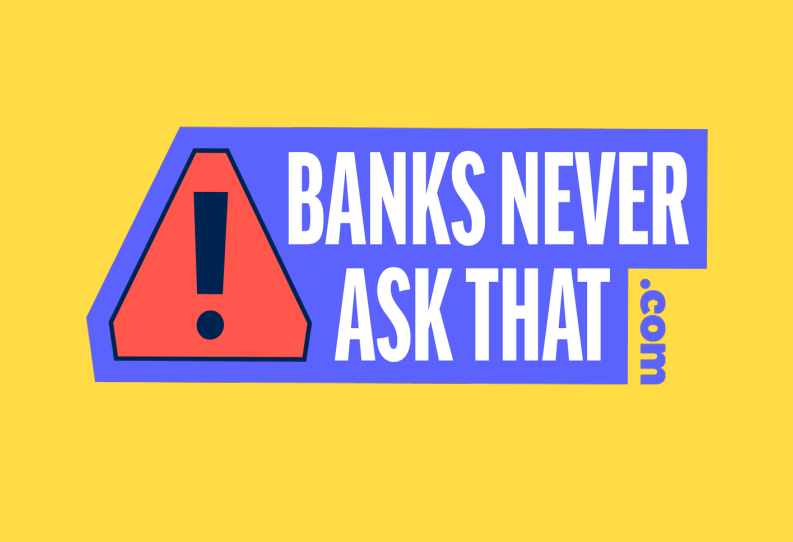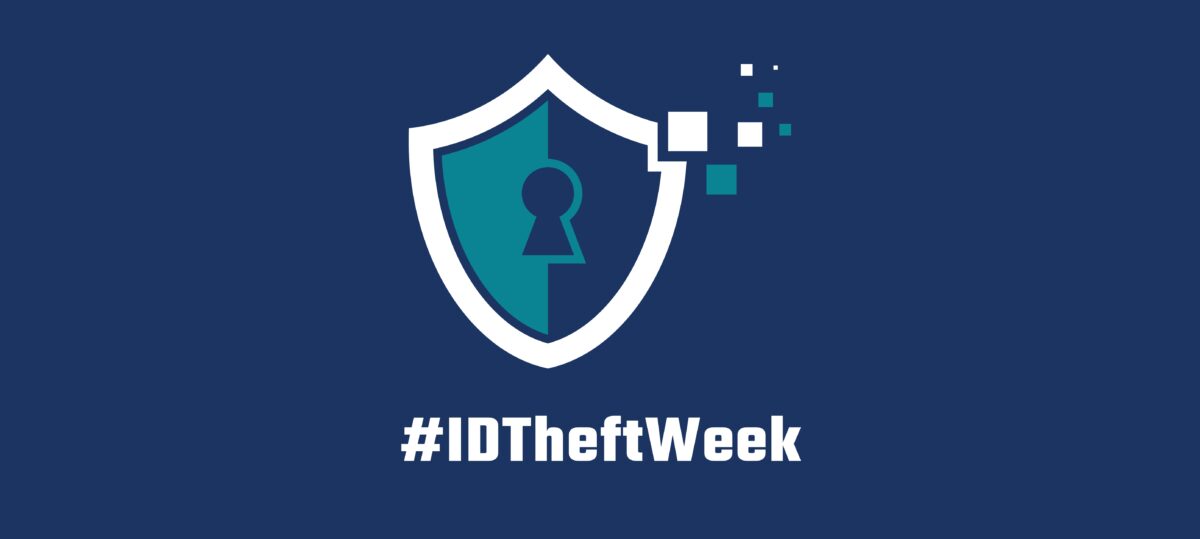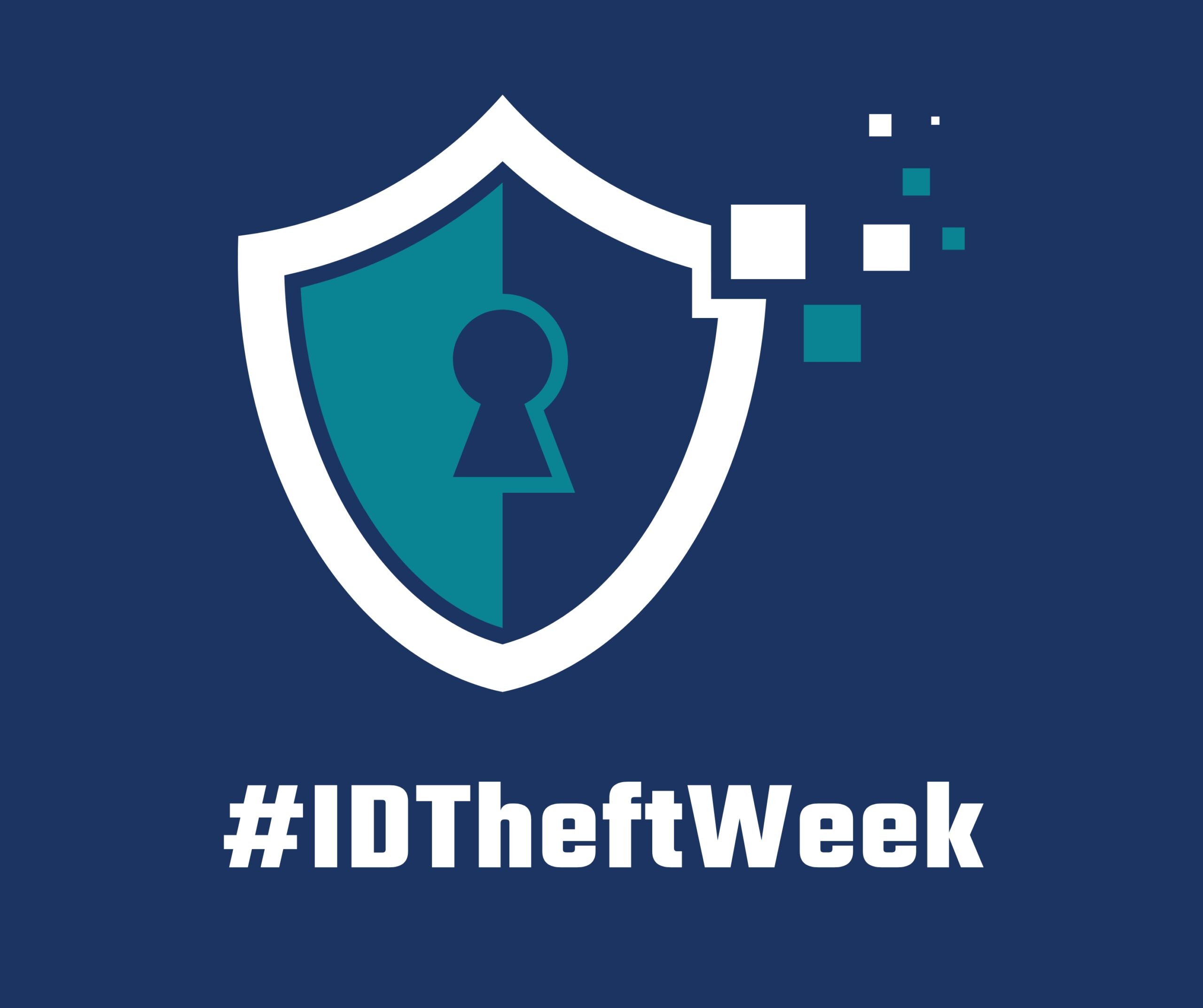Friday, August 18, 2023
What Are Money Mules?
Money mules are people who receive and move money obtained from victims of fraud. Some money mules know they’ve been recruited to assist criminal activity, but others become money mules without realizing their activity is benefiting fraudsters. Money mules help international criminal networks steal money from senior citizens, businesses, and people just like you.
Whether it is cash, packages, gift cards, or virtual currency, assisting money movement puts money in the pockets of criminals and could lead to serious consequences for you. By knowing the signs of money mule activity, you can protect yourself and your community, and avoid fraudsters.
How do people become Money Mules?
- Responding to a job advertisement or social media post that promises easy money for little effort.
- Helping someone they’ve met online (possibly on a dating website) or over the phone by agreeing to receive and transfer money.
Think twice about agreeing to help people move money!
- Don’t open a bank account or move money at someone else’s request.
- Don’t give someone access to your bank account or debit card.
- Don’t allow money from people you don’t know to be deposited in your account.
- Don’t take a job that promises easy money and involves sending or receiving money or packages.
- Don’t agree to receive or forward packages, especially those containing money.
- Don’t agree to purchase gift cards or virtual currency on someone else’s behalf.
If you have acted as a money mule, it is never too late to stop!
- Stop communicating with the person giving you directions.
- Alert your financial institution and consider changing accounts
- Report suspicious communications or activity to law enforcement.
- Protect yourself by learning about scams and money mule activity.
For more information, visit:
- https://consumer.ftc.gov/consumer-alerts/2021/12/avoiding-money-mule-scam
- https://consumer.ftc.gov/consumer-alerts/2020/03/whats-money-mule-scam
- https://www.aba.com/advocacy/community-programs/consumer-resources/protect-your-money/money-mules
- https://www.fbi.gov/how-we-can-help-you/safety-resources/scams-and-safety/common-scams-and-crimes/money-mules
*This article was published by the U.S. Department of Justice.





